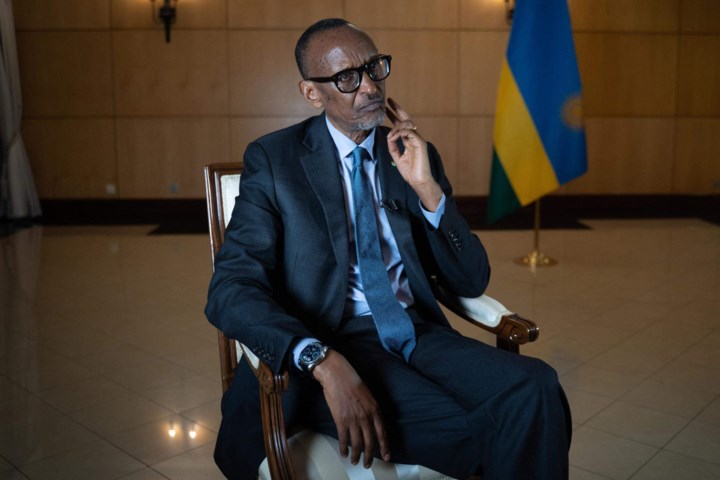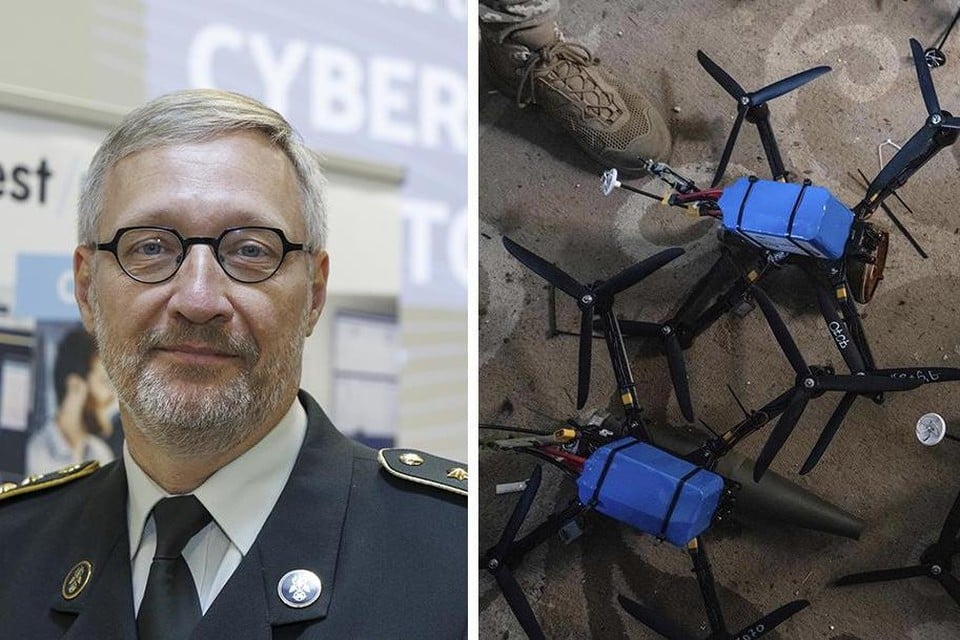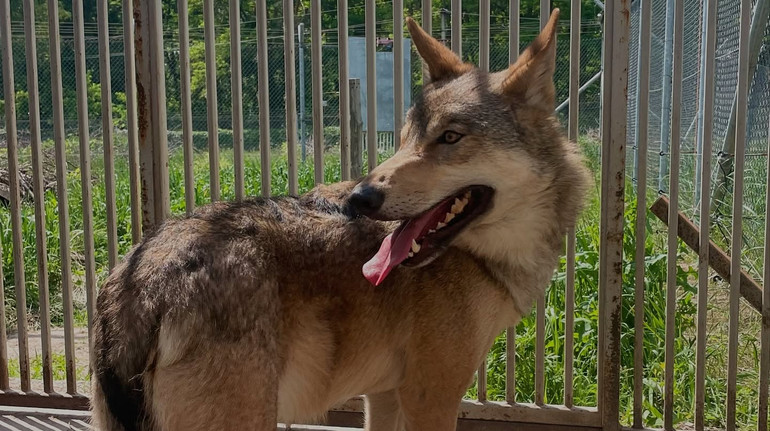Rwanda prohibits all Belgian aid projects with « immediate entrance »

Relations between Belgium and Rwanda reached a new low point on Thursday, after Rwanda had already broken the diplomatic ties with our country last week. Kigali is now also blowing up the bridges with Belgian NGOs, universities and health institutions. « All Rwandan and international NGOs, religious organizations and benefactor organizations that are located in Rwanda are banned from maintaining some cooperation with Belgium or an entity connected to Belgium. » That ban becomes « immediately » in force. Organizations that do not adhere to this are canceled.
Although Minister of Foreign Affairs Maxime Prévot (Les Engagés) and the Belgian Development Agency Enabel are still investigating the scope of the ban, it looks like all Belgian aid projects in Rwanda are now illegal.
According to insiders, the prohibition refers, among other things, to the immediate stopping of the Enabel projects in Rwanda. Also NGOs who receive Belgian support and Belgian universities are almost certainly no longer active in Rwanda. Among others, the Belgian Red Cross, 11.11.11, Plan International and Veterinarians without Borders are active in the country.
Rwandan civilians the victim
« This seems to me to be the end of the Belgian role in Rwanda on development aid and humanitarian support, » says Grote Meren-Expert Kristof Titeca, professor at the University of Antwerp.
Financial transactions with the Belgian government and related institutions are also prohibited. « No fund, stock market, donation or financial contribution may be received from the Belgian government, its institutions, related agencies or programs ». It seems that the formulation has been set as broadly as possible to explain as many Belgian auxiliary initiatives as possible illegally.
Koen De Koster, responsible for the Organization for Development Cooperation (VLIR-UOS) of the Flemish Interuniversity Council (VLIR), says that the projects of Belgian universities are also « very likely ». « We regret this situation and the decision of the Rwandan government of course. Unfortunately, Rwandan citizens – including students and academics – are the victims of this. » Vlir-Uos has finished 6.9 million euros in Rwanda projects. It is about apolitical help: health initiatives, a project on epilepsy and a project about girls in education. In principle, Vlir-Uos should have met on Friday about future cooperation projects with Rwandan universities.
In addition, the Institute for Tropical Medicine Antwerp also has a collaboration with its Rwandan partner institution, including about antibiotic -resistant tuberculosis. This partnership is now also considered illegal.
The new measure comes a month after Rwanda has suspended all official development aid with Belgium. President Paul Kagame thought that Belgium was « aggressive » in the negotiations on European sanctions against his country. The Belgian government considered those sanctions to be logic itself due to the far-reaching support of Rwanda to the M23 rebels in neighboring Congo. Because Belgium with 112 million euros in four years is one of the largest donors of Rwanda, that was already a pretty far -reaching decision.
A week ago the tensions again reached the boiling point, when Kagame announced the end of diplomatic relations with Belgium. That happened a few hours before the European Foreign Ministers issued a series of sanctions against Rwandan high -ranking. The Belgian diplomats in Kigali had 48 hours to leave the country.
Reprisal
As a reprisal, Minister Prévot took a similar measure. The Rwandanist in Brussels was declared Persona Non Grata and had to leave Belgium. About the new measure against Belgian NGOs and universities, Minister Prévot says in an initial response that he « takes a deed of the decision ».
If it was up to the minister, the diplomatic clash between Belgium and Rwanda should not have had any influence on the work of Belgian NGOs and universities in Rwanda. « For Belgium, Rwanda’s decision meant to break the diplomatic relations did not affect the personal relationships, the fieldwork of non-governmental organizations and humanitarian support for the benefit of the population. »








